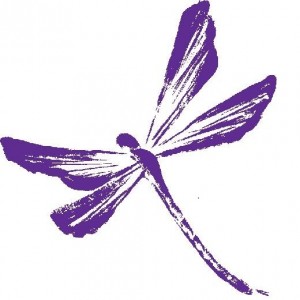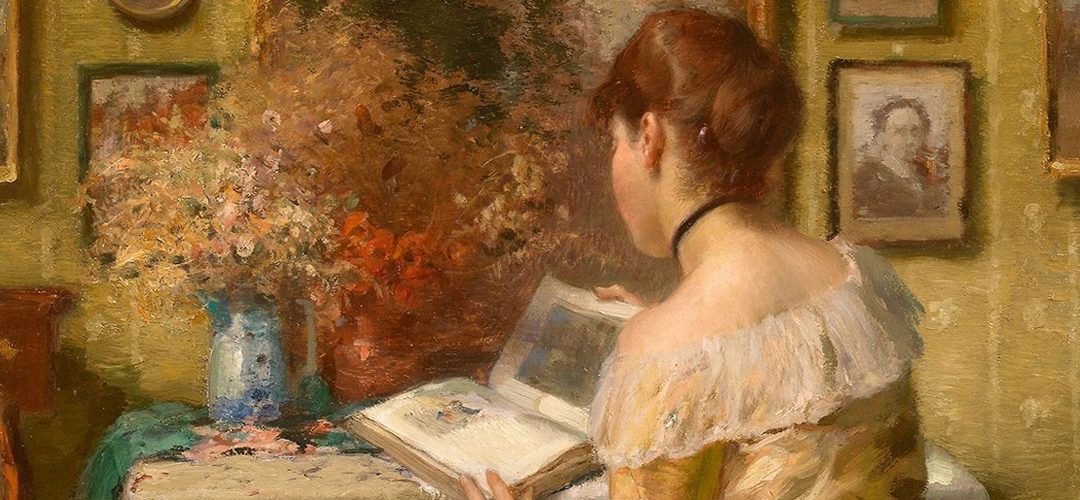The Last Post is a description of the Last Post ceremony that occurs each day at the Australian War Memorial as a tribute of love, loss and remembrance to those Australians that have given their lives in various conflicts from the Boer War to Afghanistan. Started in 2013, ‘every evening, people from all walks of life gather together … [to hear] … the story of one person who died in war or on operational service … read by a serving member of the Australian Defence Force … and the event concludes with the playing of the Last Post, a bugle call that has come to symbolise a farewell to those who died on the battlefield’….I began reading this book as research, but I continued because it is such a fascinating insight into how we commemorate those lost. Campbell has done a great job in putting together the facts, the memories, the individual stories, the photographs, the histories and the remembrances.
“Queerberra”, produced and edited by Victoria Firth-Smith with photography by Jane Duong, is a photobook showcasing some of the wonderfully diverse LGBTIQA+ people who live in Canberra.
This is a beautifully curated collection of photographs of 100 humans being authentically themselves around the city of Canberra. The photography is incredible, and the book is sandwiched between a foreword by the ACT Chief Minister Andrew Barr and introduction by Firth-Smith, and a series of annotated thumbnails or proof sheets at the end with a bit of information about each model. It is an incredibly joyful book to flip through with many familiar faces from the Canberra business, politics, journalism and arts community. Each individual and scene is unique, but there is a real connectedness in this book. A strong sense of unity in diversity.
I have had the pleasure of seeing Kitty perform live a couple of times. I also enjoy her various appearances on TV shows and televised comedy festivals. She’s my kind of funny. I feel like I know her. I certainly know her voice, her inflections and tone. As a read her 488 rules, I could hear her in my head. That’s a good thing, by the way. It added to the funny.
488 Rules is highly recommended during these strange times when a good laugh can make all the difference.
Garner explores the grey areas: flirting, the power dynamic between men and women, degrees of assault and taking responsibility for one’s effect on the opposite sex, to name just a few of the many issues.
She freely acknowledges what might be her own bias: “I thought too that, at 50, I might have forgotten what it was like to be a young woman out in the world, constantly the focus of men’s sexual attention. Or maybe I was cranky that my friends and sisters and I had got ourselves through decades of being wolf-whistled, propositioned, pestered, insulted, touched, attacked and worse, without the big guns of sexual harassment legislation to back us up. I thought that I might be mad at these girls for not having ‘taken it like a woman’, for being wimps who ran to the law to whinge about a minor unpleasantness, instead of standing up and fighting back with their own weapons of youth and quick wits. I tried to remember the mysterious passivity that can incapacitate a woman at a moment of unexpected, unwanted sexual pressure. Worst of all, I wondered whether I had become like one of those emotionally scarred men who boast to their sons, ‘I got the strap at school, and it didn’t do me any harm.” Twenty-five years on, still a very powerful read.
This is a series of essays that have elements of memoir, although there is no over-arching structure to tie them together. At first, not quite sure what is was that I was reading, I wondered if it was a bit like a non-fiction version of Elizabeth Strout’s Olive Kitteridge books, where an oblique reference in one story is picked up by another. It seemed for a while as if that was the organising principle of the essays, but then it didn’t seem to work for the last quarter of the book.
What does tie the collection together is, as the title suggests, the theme of fishing and water.
Every Griffith Review is of a high standard but this issue seems particularly consistently excellent…this edition of Griffith Review is an especially well-constructed and curated selection of writing from (mostly) older writers who are able to look at life and ageing through the prism of their own years of experience.
I wasn’t going to read this book: I’m wary of yet another book about domestic violence. What more needs to be said? Surely, we know what the problems are, surely it’s time to move beyond shock and horror?
But, although my expectations were low, I did read the book because I wanted to try to understand why it had been chosen for the Stella Prize.
And I am glad I read it. Why? Because this book goes beyond the statistics, looks at different ways in which control is exerted and (most importantly) looks at some of the ways in which behaviours might be changed.
There are no fancy over-priced ingredients with most of them already in any well stocked pantry. I had a quick look through all the ingredients and there was only a very small list of items I would need to specially purchase for some of the recipes.The beautiful and colourful illustrations of wattle, bottlebrush, banksia, waratah and gum leaves throughout the book give it a true Australian flavour. I would like to give a special shout out to Alice Oehr for these gorgeous illustrations.
Her insights are interesting and informative and while I was already very familiar with the stories of her interviewees, I did find the author’s exploration of them moving.
The book has plenty of perspectives, lots of repetition and a flow that seemed to me to need a good edit. Nonetheless it is a sad indictment of those who are in power or want to be.
As I am neither Aboriginal nor an academic, I feel unqualified to judge this book from either position, but it impressed me enough that I would certainly recommend it as an excellent source for writers interested in finding out more about the above topics, or who wish to deepen their knowledge of Aboriginal literature and culture to strengthen their own writing.
Until next month,
Happy Reading.
About Bronwyn: I have been a book blogger at Brona’s Books since 2009 and a bookseller (specialising in children’s literature) in Sydney since 2008. Prior to this I was as an Early Childhood teacher for 18 years in country NSW.
I joined the AWW team in 2015 as the History, Memoir, Biography editor. In 2017 I moved to the General Non-fiction page and in 2018 I picked up the role of editor of Poetry. You can also find me at The Classics Club as one of the new Gen 2 moderators.
 I taught myself to read when I was four by memorising my Dr Seuss books. I haven’t stopped reading since.
I taught myself to read when I was four by memorising my Dr Seuss books. I haven’t stopped reading since.
You can find me on Twitter @bronasbooks.






Interesting collection Brona. I have read The first stone, am currently reading See what you made me do, and gave Night fishing to a friend for Christmas. Is that interesting? Probably not.
I wrote a lovely reply last night Sue, but then my phone ate it!
It was something along the line of all comments being interesting 🙂
And I cannot believe it has been 25 yrs since the First Stone came out ….& I still haven’t read it!
So frustrating isn’t it, when that happens.
Thanks for including my review in your wrap up 🙂
Thank you so much for your support of Queerberra, it’s surprising and deeply appreciated.